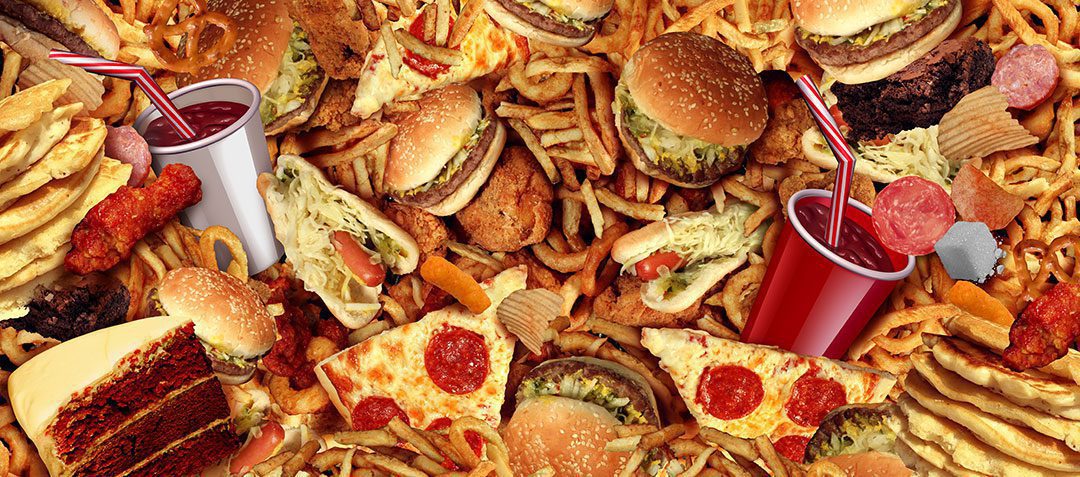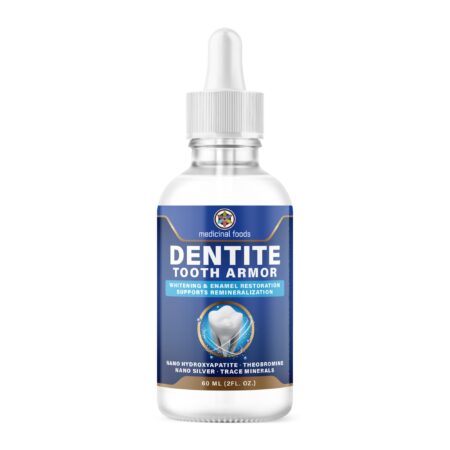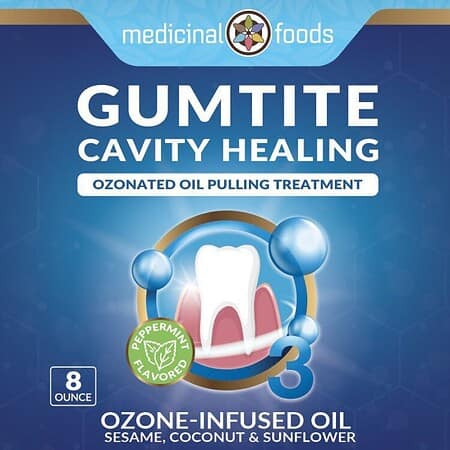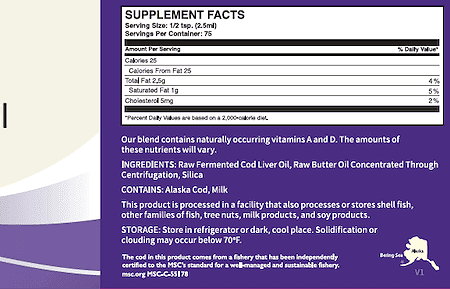The standard American diet is pro-inflammatory because it has many foods that cause inflammation such as ultra-processed foods and red meat and is low in beneficial fruits and vegetables.
All processed foods can cause inflammation. They can alter the bacteria that live in our gut, and that alteration can interact with our immune system and eventually trigger it in a way that leads to chronic inflammation.
I want to emphasize that people need to focus on their pattern of eating as opposed to eating a few particular foods to reduce inflammation. There’s no miracle food out there that’s going to cure people with chronic inflammation. You need to have an anti-inflammatory lifestyle and diet.
What foods cause inflammation
Gluten a protein in wheat, rye, and barley can lead to diagnosable inflammation in people with celiac disease, a condition associated with an autoimmune response to gluten. However, the connection between gluten and inflammation in people without celiac disease is less clear. There is a condition known as gluten sensitivity.
People with gluten sensitivity typically complain of gastrointestinal symptoms when exposed to gluten. Unlike celiac disease, biopsies of the small bowel from patients with gluten sensitivity do not show inflammatory changes. Studies haven’t demonstrated milk promotes inflammation, despite popular belief.
Foods that reduce inflammation
New research on time-restrictive eating and intermittent fasting shows timing may affect inflammation. Certain genes responsible for our inflammation are turned on and off at different times of the day.
So if we eat at a time when those inflammation genes are turned on, that may potentially increase our risk of inflammation. Is eating at 1 a.m. going to have the same effect on inflammation as eating at 8 a.m.? I’d say they’re probably going to be some differences.
Try to avoid or limit these foods as much as possible, refined carbohydrates, such as white bread and pastries. French fries and other fried foods, soda, and other sugar-sweetened beverages should be avoided. Red meat (burgers, steaks) and processed meat (hot dogs, sausage).
Also, fried foods, soaked in oil with Omega 6 fatty acids, can be pro-inflammatory. Margarine, shortening, and lard are also major red flags when preparing meals.
Sometimes your immune system mistakenly attacks and inflames your muscles (your doctor may call it myositis). This could start to break down muscle fiber and make you weaker. It usually happens slowly, most often in your torso, shoulders, and hips. In some cases, you might find it hard to do simple things like walk, bathe, and swallow.
Inflammatory bowel disease, or IBD, has two main forms: ulcerative colitis and Crohn’s disease. In both cases, your immune system overreacts and inflames your colon and small intestine. Diarrhea is one thing that can happen. Others are nausea, joint pain, fever, and skin rashes.
It’s one of the typical signs of long-term inflammation and a common sign of inflammatory diseases like fibromyalgia, multiple sclerosis, lupus, and rheumatoid arthritis. Talk to your doctor if you have a sudden drop in energy. It could be a sign of an underlying illness. It may be treatable, too.
Not surprisingly, the same foods are generally considered bad for our health, including sodas and refined carbohydrates, as well as red meat and processed meats.
Some of the foods that have been associated with an increased risk for chronic diseases such as type 2 diabetes and heart disease are also associated with excess swelling, It’s not surprising, since it is an important underlying mechanism for the development of these diseases. Contrarily, beneficial foods that can counteract this is reishi mushroom
Unhealthy foods also contribute to weight gain, which is itself a risk factor for inflammation. Yet in several studies, even after researchers took obesity into account, the link between foods and inflammation remained, which suggests weight gain isn’t the sole driver but is itself a risk factor for inflammation.
In several studies, even after researchers took obesity into account, the link between foods and inflammation remained, some of the food components or ingredients may have independent effects on over and above the increased caloric intake.
Insulin helps control the sugar level in your blood. Inflammation could affect how well your insulin works. It’s not yet clear exactly why.
Insulin resistance can lead to high blood sugar. That can damage your nerves and blood vessels. It could also lead to diabetes. You might have tingling feet, or you could be more thirsty and tired. You might not have symptoms. They make you feel dizzy and off balance. Sometimes the body’s immune system attacks nerves, which can make it hard for signals to get through.
Smoking comes with a laundry list of harmful effects. Decide to quit and pick a day to do it. You don’t have to go it alone, though. Your doctor can come up with a plan so you can kick the habit for good.
If you’re gaining body fat or you spend a lot of time taking in foreign substances like cigarette smoke, your body will respond with inflammation. This can cause fatty plaque to build upon the inside walls of your arteries. Known as arteriosclerosis, it’s the main cause of heart attack and stroke. Only your doctor can tell if you have hardening of the arteries.
Sjogren’s syndrome affects your salivary glands and your tear glands. You might notice a gritty or burning feeling in your eyes, swelling in your salivary gland, and dryness in your nose and throat. Your doctor can prescribe medication to help ease your symptoms and keep away serious complications like vision loss and dental problems.
Your memory and your ability to think are likely to take a hit if your body shows signs of inflammation. Scientists continue to study the link. Early findings suggest that inflammation may contribute to Alzheimer’s disease and other conditions that cause dementia. This is especially true in older adults. Healthy eating plans like the Mediterranean diet seem to ease inflammation and might keep your brain sharp for longer.
From trauma, surgery or diseases like antiphospholipid syndrome and IBD can cause your blood to clot too much (called hypercoagulation). This might cause swelling and could bring on more serious things like stroke, heart attack, or pulmonary embolism.
It is a major cause of chronic disease! The foods we eat can either nourish or inflame our bodies, and processed food has been shown to have the potential for causing inflammation in people’s guts.
Processed foods that cause inflammation alter your gut bacteria. If you want a healthy diet, consider eating more whole foods instead of processed ones!


























